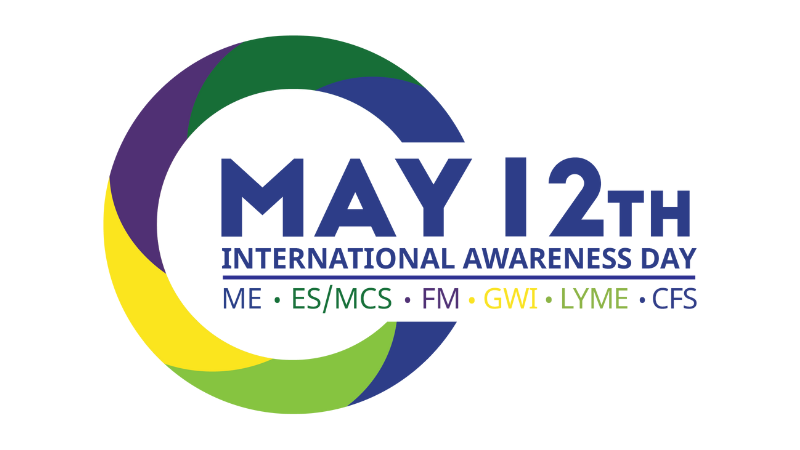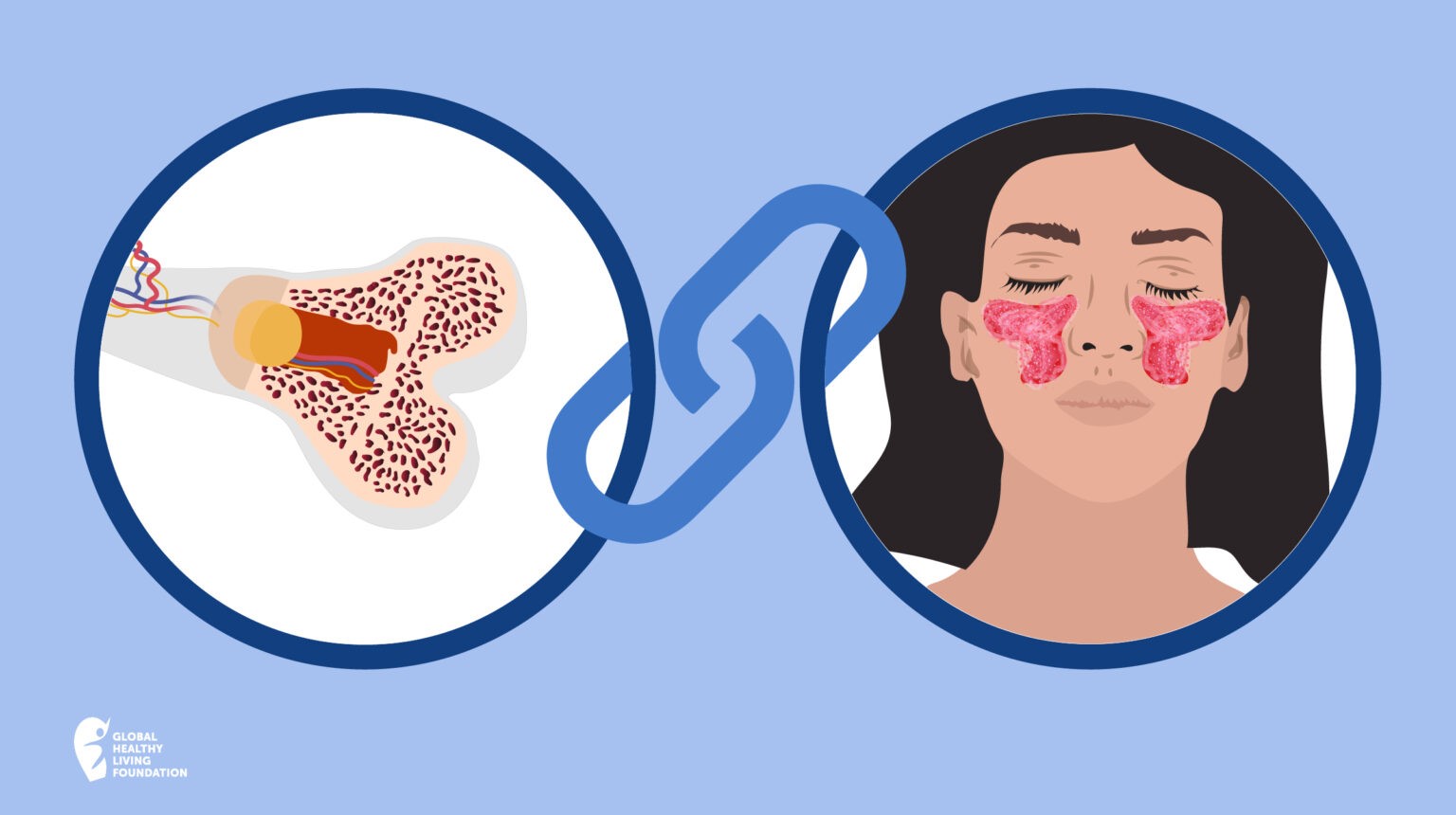Treatment of Susac’s Syndrome
Early and aggressive treatment is needed for all forms of the disease as long as the disease is active to prevent or minimize irreversible damage to the eyes, ears and brain. While treatment can prevent more symptoms from developing and improve existing symptoms, it may not be able to repair existing neurological, hearing, or vision damage.
The current treatments are immunosuppressive therapies – corticosteroids, cyclophosphamide and intravenous immunoglobulins – to prevent the disease from attacking the blood vessels in the brain, eyes, and ears.
For patients with significant hearing loss, a hearing aid may be needed, or if the hearing loss if severe, a cochlear implant may be beneficial. For patients that don’t improve with the standard treatments, alternative treatments such as mycophenolate mofetil, a strong immunosuppressant typically used in transplant patients, may be considered.
So far, there are no investigational therapies or clinical trials available for SuS. Once symptoms improve, treatments can be gradually tapered off. Most patients recover from SuS, though some have permanent disabilities from the disease such as hearing loss.
Susac’s Syndrome Medication
Fortunately, early intervention with aggressive immunosuppressive drugs such as the steroids Prednisone® or intravenous (IV) methylprednisolone, and IV immunoglobulin (it contains the pooled immunoglobulins from the plasma of approximately 1,000 or more blood donors) can markedly improve outcomes and prevent further damage to blood vessels. In severe cases, treatment with cyclophosphamide (such as Endoxan®, Cytoxan® or Neosar®) and/or plasma exchange may be considered.
Additional drugs may also be necessary to treat the symptoms of SuS. These may include CellCept® (an immunosuppressant used to prevent your body from rejecting a kidney, liver, or heart transplant), Imuran® (an immunosuppressive drug that typically is given to treat rheumatoid arthritis, Crohn’s disease, ulcerative colitis, and in kidney transplants to prevent rejection), Rituxan®, blood thinners such as aspirin to prevent blood clots in small vessels, and anti-TNF therapies. Treatment should be continued as long as the disease is active.





